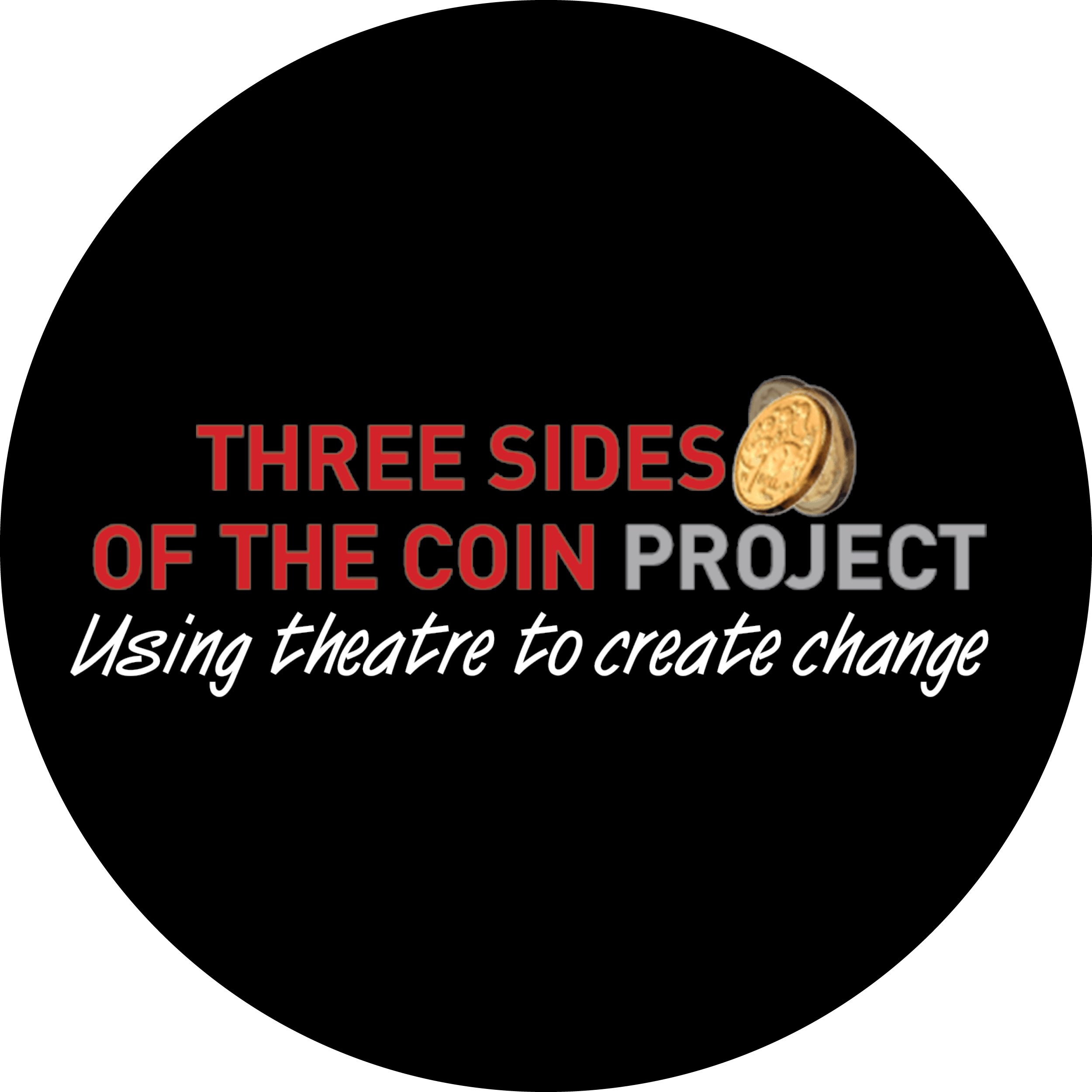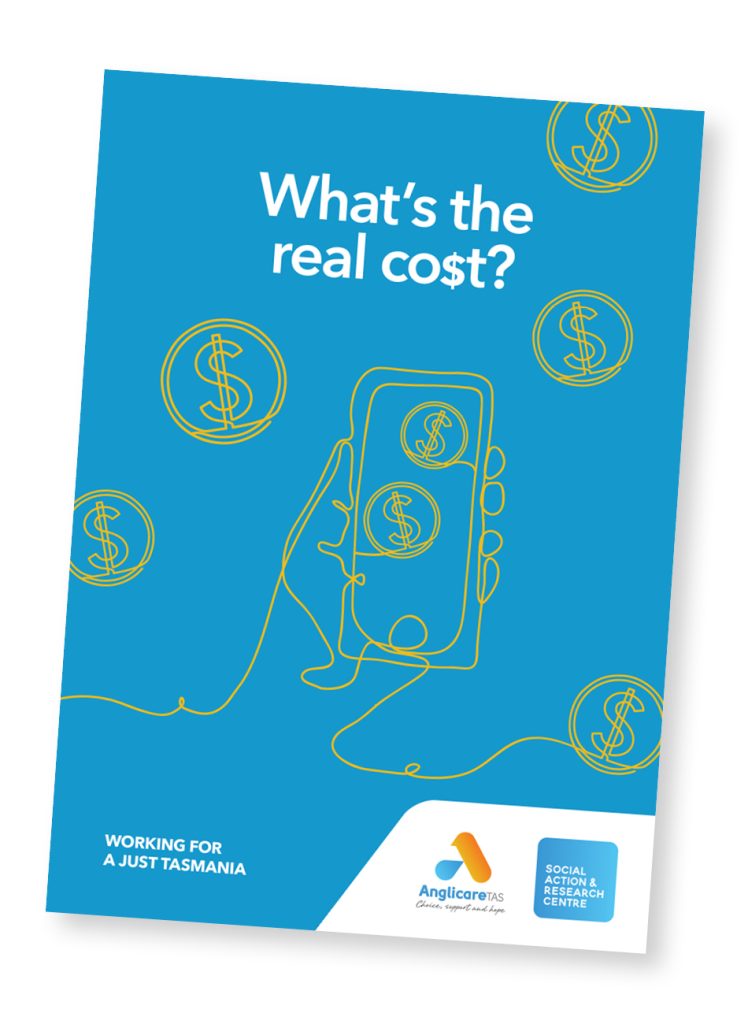Call us 1800 243 232
Menu
Call us 1800 243 232
In Week 3 of Gamble Aware Month, we share the stories of those with lived experience of gambling addiction, the harms that it causes and how they have overcome its grip.
Anglicare Tasmania has partnered* with Self Help Addiction Resource Centre (SHARC) and its program Three Sides of the Coin (3SOC) to deliver a series of 10 live performances across Tasmania during 2024 and 2025. Some of these performances, shown below, will occur during Gamble Aware Month, September 2024.
*These events have been made possible by the Community Support Fund (CSF) Large Grants Program 2023-2024 funded through the Department of Premier and Cabinet, Tasmania.


Three Sides of the Coin work with people with lived experience of gambling addiction to help them create their own performance stories. They then share their stories to show the extent of gambling harm, and that recovery is possible.
The aim of project is to reduce the stigma and increase public awareness associated with people that experience gambling harm.
If you would like to learn more about the work of Three Sides of the Coin visit their website at www.threesidesofthecoin.org.au
This FREE event by THREE SIDES OF THE COIN will feature a theatrical story telling performance by people who have experienced gambling harm.
Date: Friday 20th September, 2024
Time: 11 am – 1 pm
Location: Moonah Arts Centre, 23-27 Albert Road, Moonah
RSVP: This event is FREE and includes a light lunch. Please use the link to Eventbrite to register your attendance.


At his first Gamblers Help appointment, Max, 35, explained he had been gambling for over 15 years, mainly on horse racing on-line. Recently he had also started gambling at the pub on the TAB. He told the counsellor he was facing homelessness, with temporary accommodation available for two weeks and nowhere to go after that. One of the challenges was that Max was paid monthly – so when he lost money gambling he was often without money for a long period of time.
He wasn’t eating properly, felt anxious about the gambling losses, and upset that he was lying to people about his situation. Max owed $500 to payday lenders, money to a friend, $1500 to his brother and $500 to his mother.
Gamblers Help supported Max with strategies to meet his financial commitments and pay back the debts. He found that by looking at money differently he was able to channel it into meeting expenses and paying off debt first. He found this rewarding rather than stressful. Max was living with colleagues who were happy to be getting additional money to assist with the rent. Max was feeling positive and hopeful for the future.
*Name has been changed to protect privacy

Sam started gambling at a young age. By the time he was 15 he had a real problem, mostly gambling online. When he finished school, Sam went on to study law at university and got a part-time job. He spent most of his earnings of around $800 a fortnight on gambling.
When he was 20, Sam lost his part-time work during the COVID-19 pandemic. However, he continued to gamble, linking his grandfather’s savings account to his online gambling profile. Over the next three weeks, instead of placing his usual bets of $2 to $5 per race, he increased his betting to between $100 and $200 per race. He spent time gambling instead of studying. One evening, the funds ran out. Sam had lost $16,000 of his grandfather’s money.
Sam panicked and accessed his father’s online bank account. He transferred $5000 to his gambling account and tried to win back his losses. Instead, he lost all the money in the space of an hour. Sam accessed his father’s account again, transferring another $5000, which he also lost in less than an hour.
At this point, Sam told his father what had happened. His gambling addiction had led him to engage in fraud and steal $26,000 from his family.
Sam contacted a financial counsellor, who helped him start getting back on track. His situation was complicated by a fraud investigation launched by his father’s bank and the online gambling provider threatened to report Sam’s behaviour to the authorities if the $6000 he still owed was not paid in full. The financial counsellor helped Sam to access his superannuation under the COVID-19 provisions and Sam’s mother paid the remainder of the debt to the gaming provider.
Facing risk of prosecution for fraud, Sam accessed legal advice, found work and is gradually paying back the money he owes. He is also receiving counselling from Gamblers Help for his gambling addiction. He has moved interstate.
However, as a result of gambling, Sam has lost his relationship with his family, has reduced his lifetime savings and no longer has a future as a lawyer.
*This story has been sourced from ‘What’s the Real Cost?’ Research Report
If you would like to read more stories of recovery and ways that Anglicare can help you, we have the following stories available in our news and media database.
The ‘What’s the Real Cost?’ report was published by our Social Action and Research Centre in October 2022.
It explores the real cost of gambling in Tasmania, drawing on data from Anglicare Tasmania’s services and real life case studies.

Click the button below to visit our contact page
Contact usOr, if you'd prefer to email us directly
Email usOr, phone us on
1800 243 232